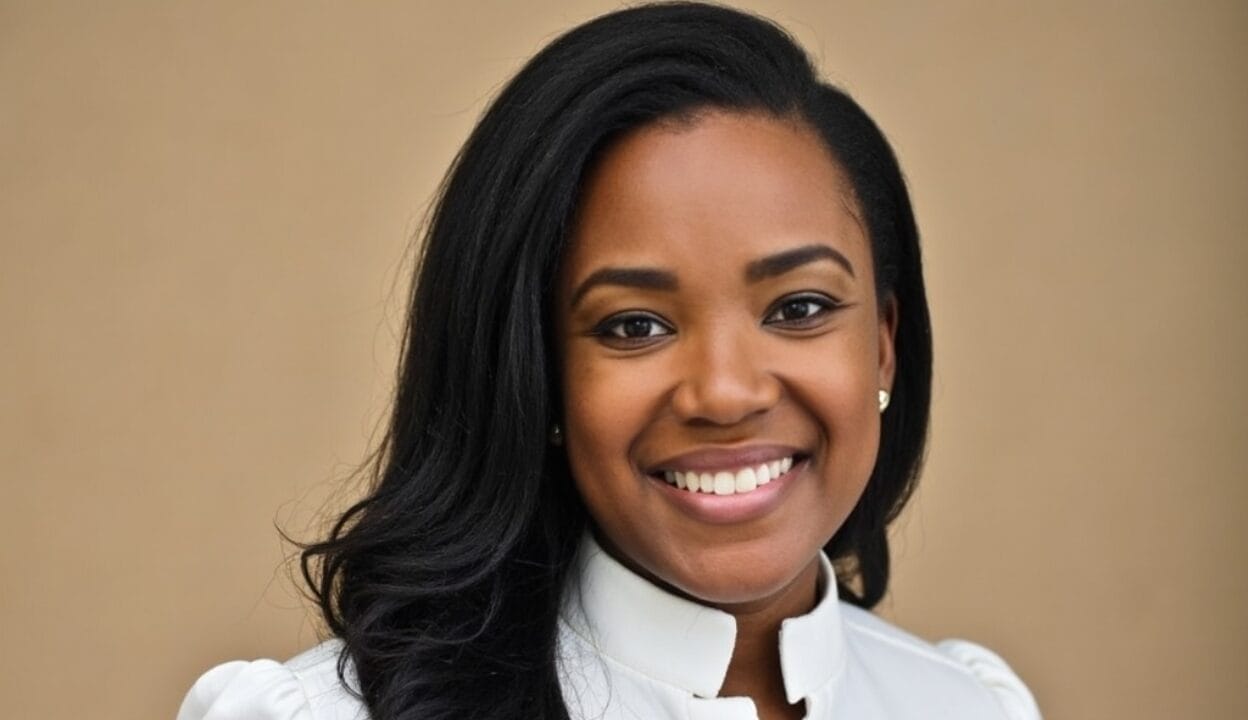The backlash against diversity, equity and inclusion (DEI) in America is a source of concern for US pension funds with diverse and emerging manager programs like the $284.27 billion New York City retirement systems. It has pledged to allocate 20 per cent of assets under management to diverse managers by 2029 in an increase from current levels of 13 per cent of the portfolio, equivalent to around $23 billion.
The NYC retirement systems’ strategy has firm support from NYC’s Comptroller and other state and city policymakers. However right now Taffi Ayodele, director of DEI and emerging manager strategy at the pension fund’s asset manager, the Bureau of Asset Management, believes pension funds’ ability to allocate to emerging managers is really a question of wait and see.
Ayodele believes the current climate is already damaging the outlook for emerging managers. She’s heard that emerging managers are struggling to get in front of enough LPs or employing a strategy of sending male colleagues to pitch to LPs in Red States.
Ayodele touts the performance and team expertise of some of these emerging managers to peer funds to try and get them in front of new audiences.
“Where we are overweight in certain sectors like private equity, we support firms’ work with other pension funds. It is about information sharing and helping managers fast track closure,” she says. “Many of these GPs simply won’t be able to come back in a year. It’s important to remember that these emerging managers start with less assets under management which limits their ability to sustain their firms through market downturns.”
Positively, diverse managers who successfully close funds in the current market will prove their resilience. However, Ayodele warns that some diverse managers won’t make it through. Moreover, policies that now make it hard for corporations and investment managers to hire more diverse talent, will shrink the pool of candidates that go on to become the diverse managers of the future.
Staying the course
NYC retirement systems’ target allocation to invest more with diverse and emerging managers is bolstered by a new, direct, evergreen program that seeks to invest 10 per cent of the Systems’ annual pacing in private equity to emerging and diverse managers in what Ayodele calls a “significant and huge achievement.”
She now hopes to gain Board approval to expand the program to three additional private market asset classes in a next step.
“These programs not only contribute positively to our portfolio’s returns but also drive tangible economic impact in historically underserved communities and help narrow the racial wealth gap within financial services,” she says.
NYC retirement systems’ set up its diverse and emerging manager program in the late 1990s and expanded it to include private markets in 2012-13.
The investor says private markets minority- and women-owned asset management firms have outperformed their respective benchmarks with an average public markets equivalent (PME) spread of 5 per cent, contributing to the funds’ strong overall performance. Last year, the System’s five pension funds achieved a combined net return of 10 per cent, surpassing their actuarial target rate of 7 per cent.
Ayodele links the outperformance to these managers’ ability to invest in niche markets and exploit inefficiencies in the lower to mid-market space where large managers struggle to invest. “There are both non-diverse and diverse managers that don’t outperform, but when we look at the data, in aggregate, diverse managers are helping drive outperformance in the portfolio,” she says.
Getting in the door
Ayodele believes NYC retirement systems’ emerging and diverse manager programme stands out because of its open-door policy. Any external manager will be able to access a first meeting with BAM if they can demonstrate a portfolio fit, strong performance and a compelling investment thesis. Moreover, if they don’t get in the portfolio on their first attempt, Ayodele says they will be invited back in a few years to apply again.
According to data from Fairview Capital Partners, the number of diverse-owned alternative investment firms grew last year. The firm’s annual “Women and Minority-Owned Private Equity and Venture Capital Firms” report found that the number of diverse managers in the market increased to over 1,000 in 2024, from 907 in 2023.


